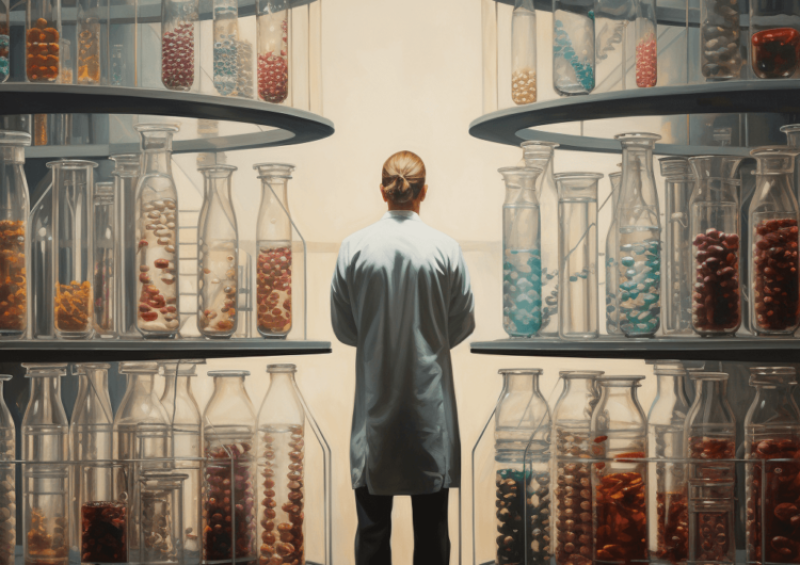Personalized medicine is about more than prescribing the best drugs, although that’s a large part of it. Proponents say it would shift medicine’s emphasis from reaction to prevention, better predict disease susceptibility and improve diagnosis, produce more effective drugs and reduce adverse side effects, and eliminate the inefficiency and cost of adopting a trial-and-error approach to healthcare.
Despite its numerous benefits, the adoption of a personalized medicine approach raises several issues. For it to reach peak efficiency, a lot of genomic data must be collected from a large and diverse section of the population, and it’s critical that participants’ privacy and confidentiality are protected. Privacy issues extend to the collection, storage and sharing of that information.
…
Personalized medicine is already happening in the form of things like CRISPR, mRNA vaccines and the large-scale genome sequencing of newborns. It’s the kind of future that was envisioned when the Human Genome Project was first completed 20 years ago, and it certainly has its benefits.
However, the widespread adoption of personalized medicine may prove more difficult than first imagined. In addition to the concerns already mentioned, there needs to be a change in public attitudes and the way medical professionals, patients and health regulators view the approach. It may require a new approach to the way drugs are tested and a willingness to embrace risk.































